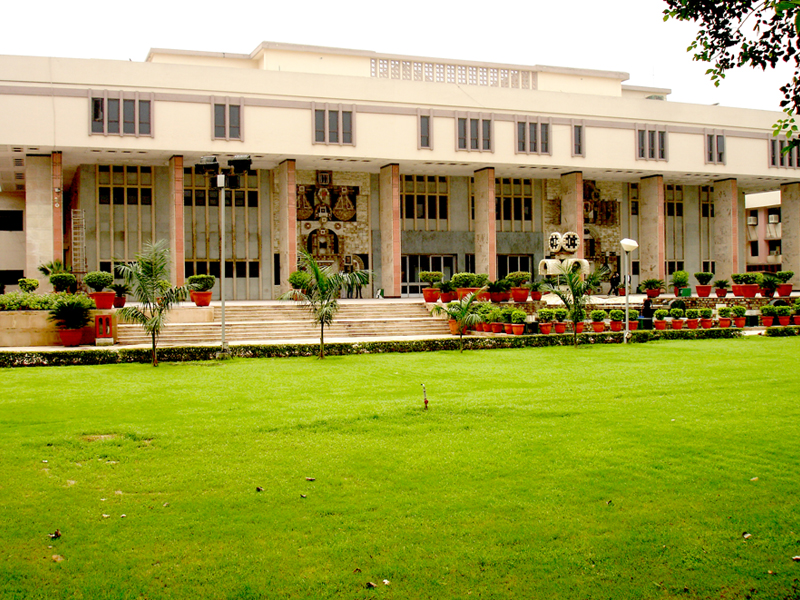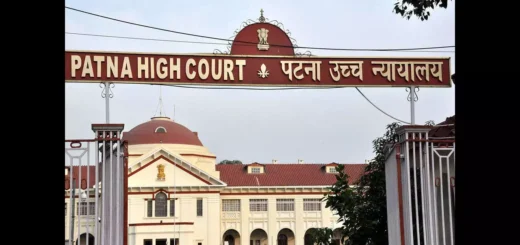Courts should take into account how crime affects society and a person’s tendency to commit such acts when deciding on sentences for terrorism-related offenses, according to the Delhi High Court.

The Delhi High Court highlighted that when deciding on sentences for terrorism-related offenses, judges must consider not just the crime itself but also its effects and the likelihood of the offender committing similar acts in the future. This point was made during appeals by two individuals seeking lighter sentences from the Trial Court. Justices Prathiba M. Singh and Amit Sharma noted that, although India lacks specific sentencing guidelines, the factors to consider are comparable to those in other countries. They stated that judges should take into account the crime, its impact, and the offender’s potential for reoffending. The purpose of having a range of punishments is to allow judges the flexibility to weigh different aggravating and mitigating circumstances. While this discretion must be used wisely, it cannot be expected to be the same in every case.
The judges further remarked that in a nation like India, where innocent individuals might be drawn into terrorism, it is important to consider not only the rights of the convicted but also the consequences of their reintegration into society. Advocate R.K. Thakur represented the appellant, while SPP Rahul Tyagi represented the respondent.
In March 2020, the Special Cell registered an FIR against certain individuals, leading to their arrest. They were accused of being linked to the banned terrorist group Islamic State Khorasan Province (ISKP), which is associated with ISIS (Islamic State of Iraq and Syria). The FIR claimed they were involved in activities against the nation in India. Following their arrest, investigators found materials, including an anti-national magazine called ‘Voice of Hind,’ in their home and car, supporting the allegations.
Meanwhile, the Ministry of Home Affairs (MHA) assigned the investigation to the National Investigation Agency (NIA). A chargesheet was then filed under various sections of the Indian Penal Code (IPC) and the Unlawful Activities Prevention Act, 1967 (UAPA). After reviewing the case, the Trial Court issued a sentence. Appeals were subsequently made. The High Court observed that, given the circumstances, the rise of crime through the internet and social media cannot be overlooked. It also noted that the Appellants used fake identities to hide their true identities, which is significant. While encrypted platforms promote privacy and freedom of expression, their misuse by terrorists and banned groups must also be considered.
The Court noted that the Appellants are skilled in technology and have used their education to support terrorism and encourage harmful actions against the nation. “These cases need to be handled differently from those involving innocent individuals who may have unknowingly become involved in crime. Aspects like funding through bitcoins and using journalistic credentials to create and spread magazines that promote violence are significant,” it stated. As a result, the Court reduced the sentence of one accused from 8 years to 6 years and the other from 7 years to 6 years. The High Court then concluded the Appeals and adjusted the sentences.
Cause Title: Hina Bashir Beigh v. National Investigation Agency (Neutral Citation: 2024:DHC:8801-DB)
Appearance:
Appellant: Advocates R.K. Thakur, Kanishka Dhoundiyal, and Anoop Khanna.
Respondent: SPP Rahul Tyagi, APPs Sangeet Sibou, Jatin, Vikas Walia, Advocates Priya Rai, and Abhishek Tomar.








